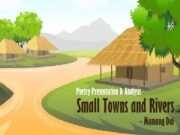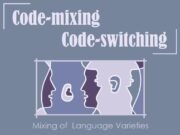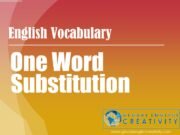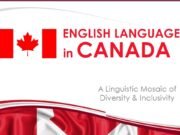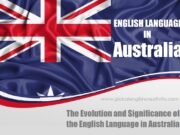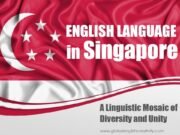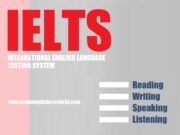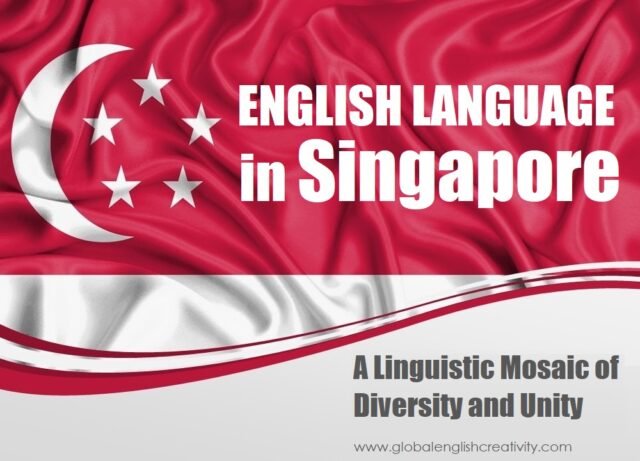The English Language in Singapore
Singapore, a small island city-state situated in Southeast Asia, is renowned for its cultural diversity and multilingual society. Despite being a melting pot of different ethnicities and languages, English holds a prominent position as one of Singapore’s official languages and is a unifying force that connects its diverse population.
This article explores the fascinating journey of the English language in Singapore, its role in shaping Singaporean identity, and its significance in various aspects of life.
Historical Background
The presence of the English language in Singapore can be traced back to the 19th century when the British established a trading post on the island. Over time, English became the language of administration, education, and commerce. The British colonization left a lasting impact on the linguistic landscape of Singapore, influencing the development of English as a second language.
Singapore’s Linguistic Diversity
Singapore’s unique heritage is reflected in its diverse linguistic landscape, with four official languages: English, Malay, Mandarin Chinese, and Tamil. Additionally, numerous other languages and dialects, such as Hokkien, Cantonese, Malayalam, and Punjabi, are spoken within the local communities. This linguistic richness is a result of Singapore’s multicultural population, comprising ethnic Chinese, Malays, Indians, and various expatriate groups.
Role of English in Education
Education in Singapore is conducted primarily in English, which is the medium of instruction in schools and higher education institutions. This decision was strategic, aimed at fostering social cohesion among the diverse population and promoting better communication on a national and international level. Bilingualism is actively encouraged, and students are required to study a second language alongside English, reflecting the government’s commitment to preserving cultural identities.
Code-Switching and Singlish
Singapore is known for its unique linguistic phenomenon called “Singlish,” which is a blend of English, Malay, Chinese dialects, and other local languages. It often involves code-switching, where speakers switch between languages or dialects in a single conversation. Singlish has been a subject of debate, with some perceiving it as a marker of national identity, while others view it as a hindrance to standard English proficiency.
Language Policies and Language Shift
To maintain a harmonious linguistic environment, the Singaporean government has implemented language policies that promote the use of English while respecting the importance of mother tongues. The “Speak Mandarin Campaign” and the “Speak Good English Movement” are examples of initiatives aimed at encouraging language proficiency in English and Mandarin, respectively.
Business and Global Connectivity
Singapore’s status as a global financial hub and business center has further reinforced the importance of English. The language serves as a lingua franca for international business transactions and communication, enabling Singaporeans to interact effectively with global partners and investors.
Challenges and Future Prospects
While English has become a unifying force in Singapore, the prevalence of Singlish and code-switching poses challenges to language standardization and communication. Striking a balance between the preservation of cultural identity and promoting a common language remains an ongoing endeavor for the Singaporean government.
Conclusion
The English language in Singapore stands as a testament to the nation’s ability to embrace linguistic diversity while promoting unity and understanding among its people. With a rich linguistic heritage and a pragmatic approach to language policies, Singapore has created a model for other multicultural societies to emulate. As the nation continues to evolve, the English language will undoubtedly play a crucial role in shaping its future and maintaining its position on the global stage.
also see:
| ENGLISH LANGUAGE IN CANADA |
| ENGLISH LANGUAGE IN FRANCE |
| ENGLISH LANGUAGE IN AUSTRALIA |
| BRITISH ENGLISH – AMERICAN ENGLISH |
| INDIAN ENGLISH – AMERICAN ENGLISH |
| USEFUL EXPRESSIONS IN ENGLISH SPEAKING |




